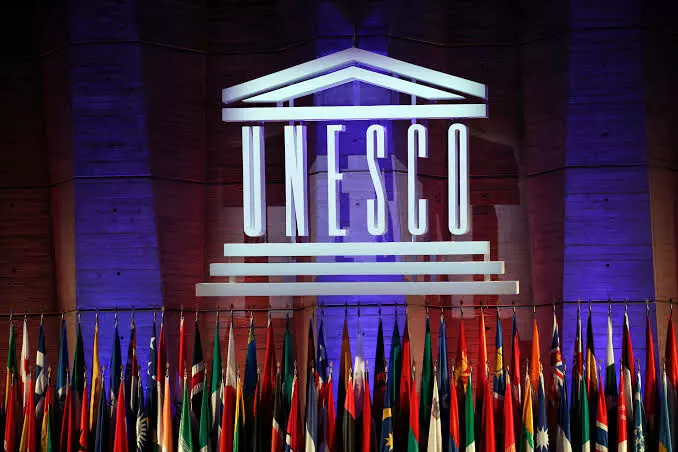UNESCO working with India on impact of AI in addressing social economic issues: official

Bangkok: The UNESCO is working with India on the impact of artificial intelligence (AI) in addressing social and economic issues with technological innovation as New Delhi prepares to host the global summit on AI impact early next year, an official said on Friday. “India is a shining star for the rest of the world in terms of digital transformation and in terms of addressing some of the social and economic issues with technological innovation and the right policy,” said Irakli Khodeli, Head of Ethics of AI Unit, Social and Human Sciences Sector, UNESCO. “The world is looking up to India to learn about that. It would be a significant part of the next year's summit as well,” the United Nations Educational, Scientific and Cultural Organisation (UNESCO) official told PTI here at the "Third UNESCO Global Forum on the Ethics of AI 2025”.
UNESCO, which has 193 countries as members, held the first summit in 2023 in the UK and the second in 2024 in South Korea on AI “Safety”. The event was held in Paris in February this year on AI “Action”. “It is time now for action to demonstrate AI impact,” he said, pointing out that the time for discussing the ethical framework had passed with the recommendation report on AI. “We hope to be working with the (Indian) government as we start preparing for the Global Summit on AI Impact to be hosted by India early next,” Khodeli said. “This is going to be a major event as participants will give updates, share their experiences and lessons learned,” he added.Khodeli, underlining UNESCO’s working relationship with the Indian government as a knowledge partner during India’s G20 Presidency in 2023, said: “India has been an important partner of UNESCO in our journey from the very beginning when the AI recommendation was prepared.”India played a critical role and had an expert in the 24-member advocate group that prepared the Ethics of Artificial Intelligence Recommendation report -- a primary instrument adopted four years ago by the 193 UNESCO member countries.The official said the ethics policy is universally valid and pursued everywhere.Following the report, UNESCO has deployed another report, “Readiness Assessment Methodology”, for member countries to understand AI opportunities and the gaps to be filled for them to take full advantage of the revolutionary technology. “India is one of the top innovators - both in terms of technology and also in term of policy to govern the technology,” observed Khodeli, underscoring the importance of policy innovation to ensure the technology is put to the best use for mankind, and create an environment that is conducive to investment and growth.
He noted India’s extensive work on technologies, and said UNESCO was capturing those good practices, knowledge and experiences of governance of AI to make them available to the rest of the world for them to replicate such success. In return, UNESCO is also bringing to India what the grouping has learned from the rest of the world, citing the example of the Bangkok Forum, where brainstorming sessions were held by close to 50 member countries, represented by senior officials at ministerial levels, he said. “We are doing the Readiness Assessment with over 70 countries. We are learning a lot about what works to promote AI and what doesn’t work,” he said, adding that the experiences and knowledge are shared with members, including India. "India is famous for exporting its talent, and everybody knows the important part the people of Indian-origin play in big tech corporations around the world. That is something to be very proud of,” he underlined. He said UNESCO wants AI engineers to consider ethics as part of designing the technology, and during various talent trainings, ethics is part of the programmes. Acknowledging the AI as an incredible breakthrough by humanity, Khodeli felt more work needed to be done to make the technology less resource-intensive. Increasing access to AI means more data centres and infrastructure for the ecosystem that is currently resource-intensive, he added. Khodeli called for a balance and parallel development of technology in terms of environment and resources, as this technology is predictable and beyond human brain revolution. “We need to focus on new AI systems that are less resource-intensive,” he emphasised, adding, “This transformation of AI is set to continue.”



